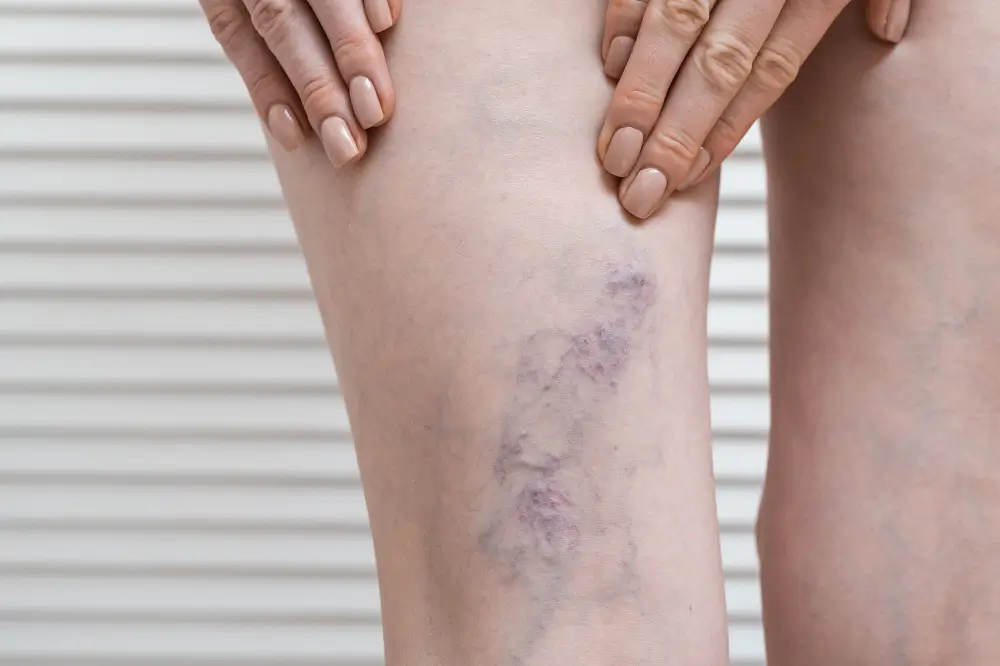Pregnancy is an exciting time in a woman’s life; a beautiful experience, although it does change a woman’s body in many ways. Varicose veins are a common side effect of pregnancy for women. Varicose veins are swollen and twisted veins that can occur in the legs and feet. They happen frequently, while not always a top concern, can cause discomfort or heaviness, and sometimes a little pain. Knowing what causes them and how to manage them can lead to a healthier experience in your pregnancy. In this article, we will discuss in detail the varicose veins and their treatment options.

Why Do Varicose Veins Develop During Pregnancy?
As per Varicose veins specialist, the body is filled with blood during pregnancy to make room for the little human inside it, coupled with the hormones changing. With all the extra blood flow, the veins are under extra pressure, which can impact both the cyclical volume of blood returning from the legs to the heart, plus with the larger the uterus, the more pressure on the veins in the pelvis, slowing any blood return. Certain pregnancy hormones, such as progesterone, soften the walls of the veins, are an additional contributing factor in the development of varicose veins.
Signs of Varicose Veins
Varicose veins appear on the legs as a bulging vein that is blue or purple in color. Women may experience associated symptoms of heaviness, aching, swelling, itching, or cramping after prolonged standing associated with varicose veins, but in most cases are harmless in pregnancy. If a woman notices severe pain, sudden swelling, or changes to skin in the leg, they must notify the best doctor for varicose veins right away as this may define complications including deep vein thrombosis (DVT).
How to Help with Varicose Veins in Pregnancy
- Stay Active: Walking, swimming, and prenatal yoga can help get the blood pumping and keep circulation from pooling in the legs.
- Resting Your Legs – Make time throughout the day to rest the legs above the heart level. This relieves pressure on your veins and will combat some swelling.
- Wear Compression Stockings – Medical-grade compression Varicose veins stockings have proven very helpful, improving circulation and relieving discomfort. The doctor may suggest daily use of them.
- Sleep on the left side – This gives the uterus less pressure on the main vein to send blood back to the heart and better circulation in the legs.
- Watch the weight – Make sure the mother is gaining an appropriate amount of weight during pregnancy, as suggested by the doctor, so that the mother is not straining your veins unnecessarily.
If you are looking for the best hospital for varicose vein treatment in Mohali or the best doctor for varicose veins in Mohali, Sohana Hospital might be the right option for you. Sohana Hospital Mohali is home to the world’s most advanced technology and North India’s leading Varicose Veins specialists who provide the most comprehensive and holistic treatment for all the vascular ailments of the patients in the region. Book your appointment today and take the first step towards a healthier, comfortable, and confident future!
